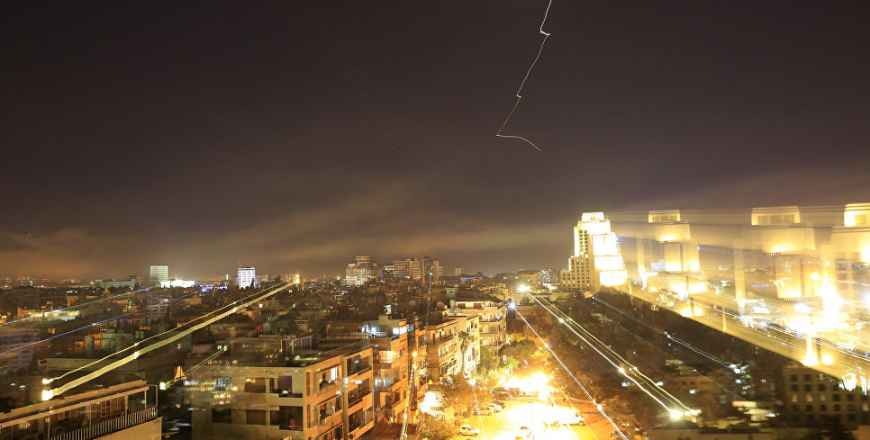Can there be peace in Syria?

Already this devastating conflict has cost more than 500,000 lives and led to 5 million refugees being forced to flee Syria, and 6 million internally displaced. For many political analitycs, now it is time to put negotiations for a political settlement centre stage, and not slip into a new cycle of military reaction and counter-reaction.
The agenda of the Geneva peace process remains in the same place as it was before the strikes – a universal acceptance amongst the interlocutors that the Assad regime remains in power but his delegation refusing to engage on the potential constitutional constraints on which the regime operates, both in a transition and thereafter, the degree of federalism and the possibility of UN-supervised elections.
The strikes were a one-off largely designed to send a political message and would not have a long-term impact on Assad’s prospects or the war in Syria. That would leave the door open to another prize that analysts say Russia wants at the moment: a public summit between Putin and Donald Trump like the one the US president had proposed in a phone call last month.
The Trump administration plans to impose new sanctions against Russia on Monday to punish it for enabling the Syrian government’s use of chemical weapons in its civil war, the latest in a series of actions by both sides underscoring the deterioration in relations between Moscow and the West. The sanctions, coming shortly after American-led airstrikes against facilities linked to Syria’s chemical weapons, are meant to signal that the United States holds responsible not just the Damascus government of President Bashar al-Assad but also his patrons in Russia and Iran. President Trump has vowed that Syria’s allies will pay a “big price” for permitting his use of poison gas. New sanctions on Monday would be the third round enacted by the Trump administration against Russia in the past four weeks.
Russian lawmakers are already proposing countermeasures to US sanctions earlier this month that targeted businessmen close to Putin and sent Russian stocks tumbling. Other possible responses include the use of cyber-weapons, which have increasingly played a role in the jousting between Russia and the west since 2014, with hackers cracking power grids and other key infrastructure, leaking sensitive political information and stealing private communications between government officials.
Western powers are to attempt to inject diplomatic momentum behind the military strikes against Syrian government chemical weapon sites by calling for the UN both to launch a broad investigation into Syria’s chemical weapons stockpiles and to try to reinvigorate the stalled UN peace talks.
The UN security council will meet on Monday to discuss the call for a wider push to eliminate the covert Syrian government stockpiles, placing pressure on Russia to stop protecting the Assad regime from a UN inquiry into its use of chemical weapons.
The three allies, the US, UK and France, have produced a draft UN resolution that also includes proposals for an independent investigation into alleged toxic gas attacks in Syria to identify perpetrators. The draft UN resolution also calls for medical evacuations and the safe passage for aid convoys to all areas of Syria.
A draft UN resolution from western powers, due to be discussed at the security council on Monday, calls on all sides to negotiate, but the Syrian government delegation to Geneva refuses to discuss these issues and will feel under no new pressure to engage. Indeed, Russia has said the attacks would damage Geneva.
EU foreign minsters are expected to back the call at a meeting on Monday in Brussels. The proposal is also likely to be discussed at an Arab League summit hosted by Saudi Arabia.
The chances of peace are modest, but there are.




